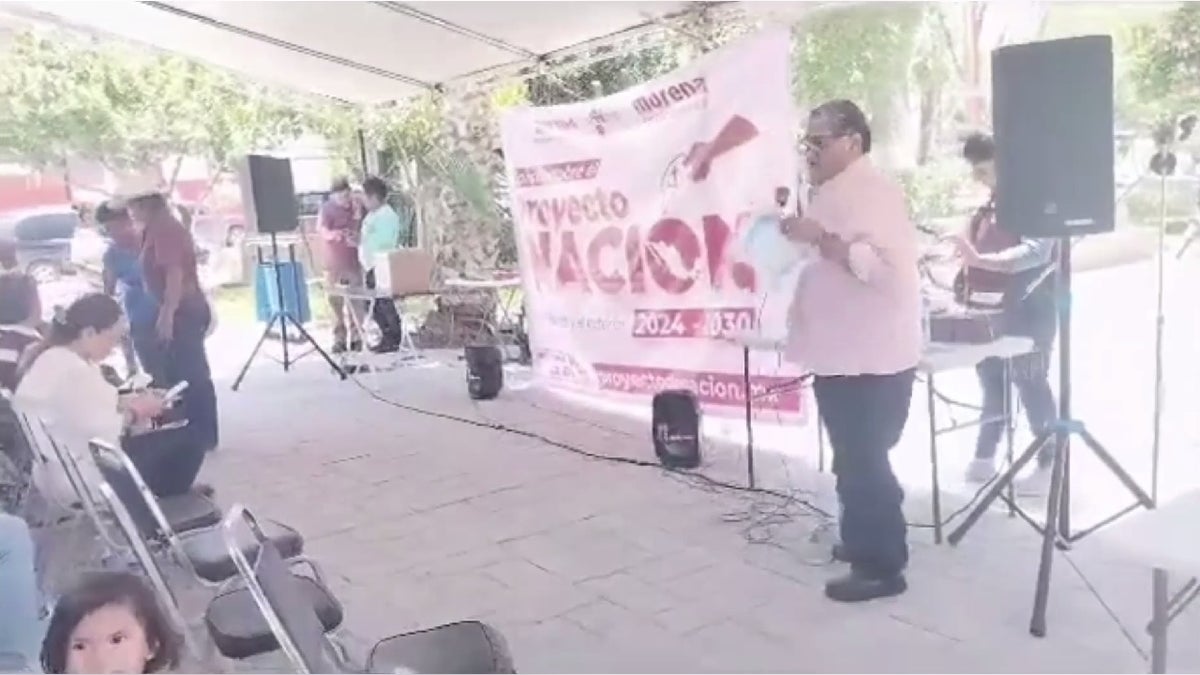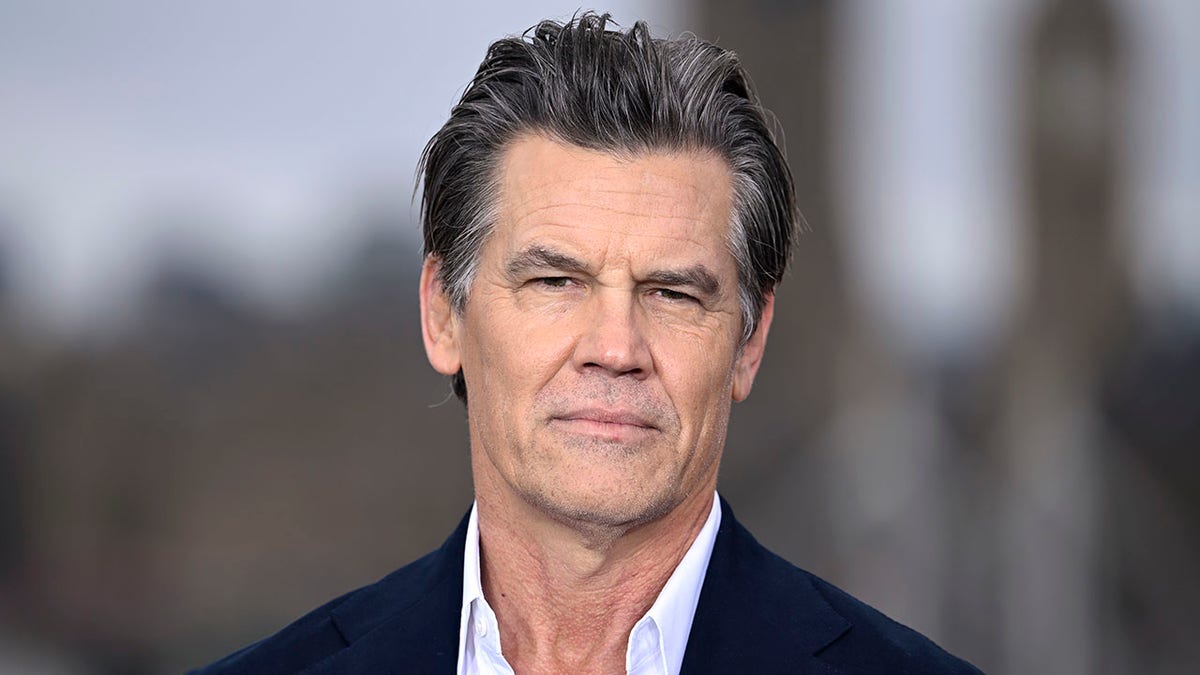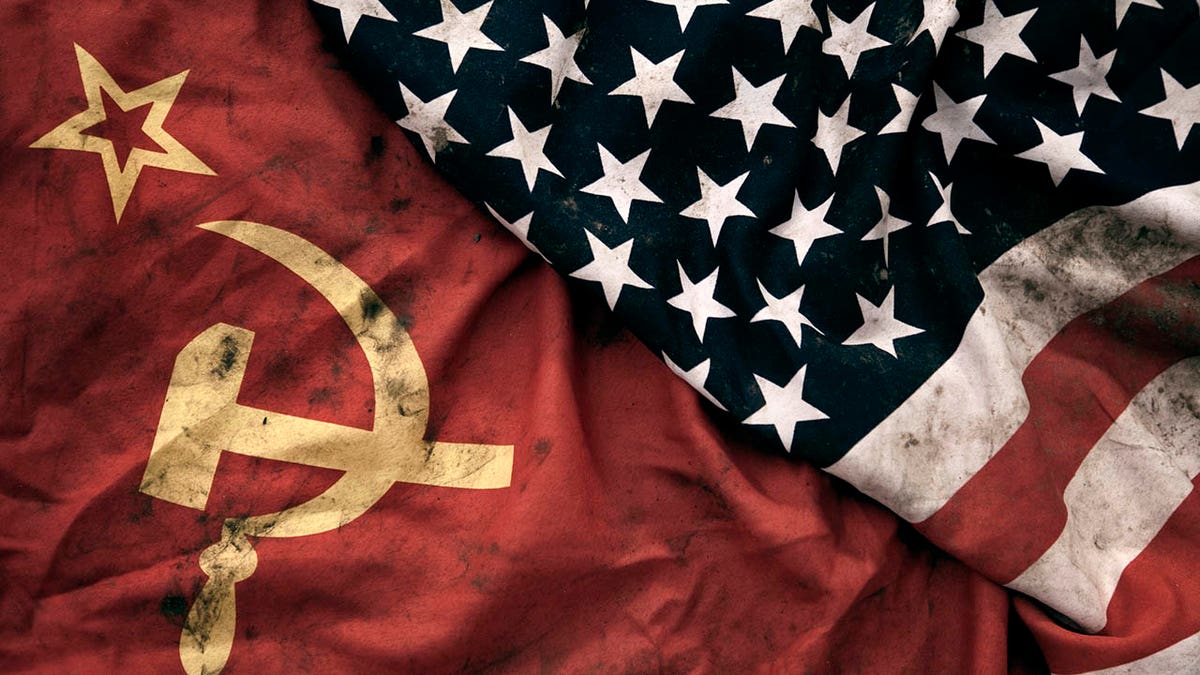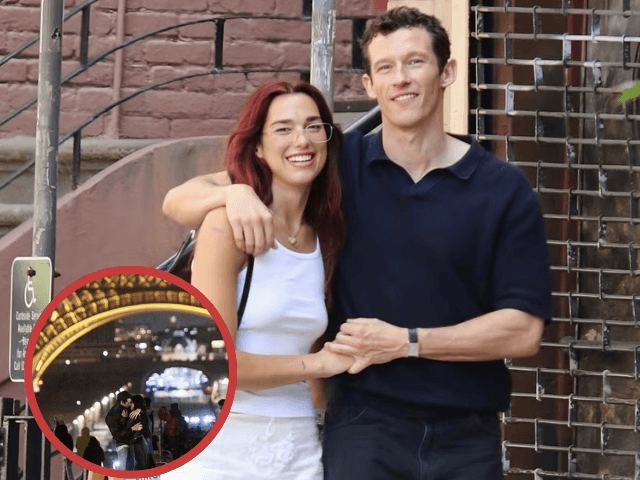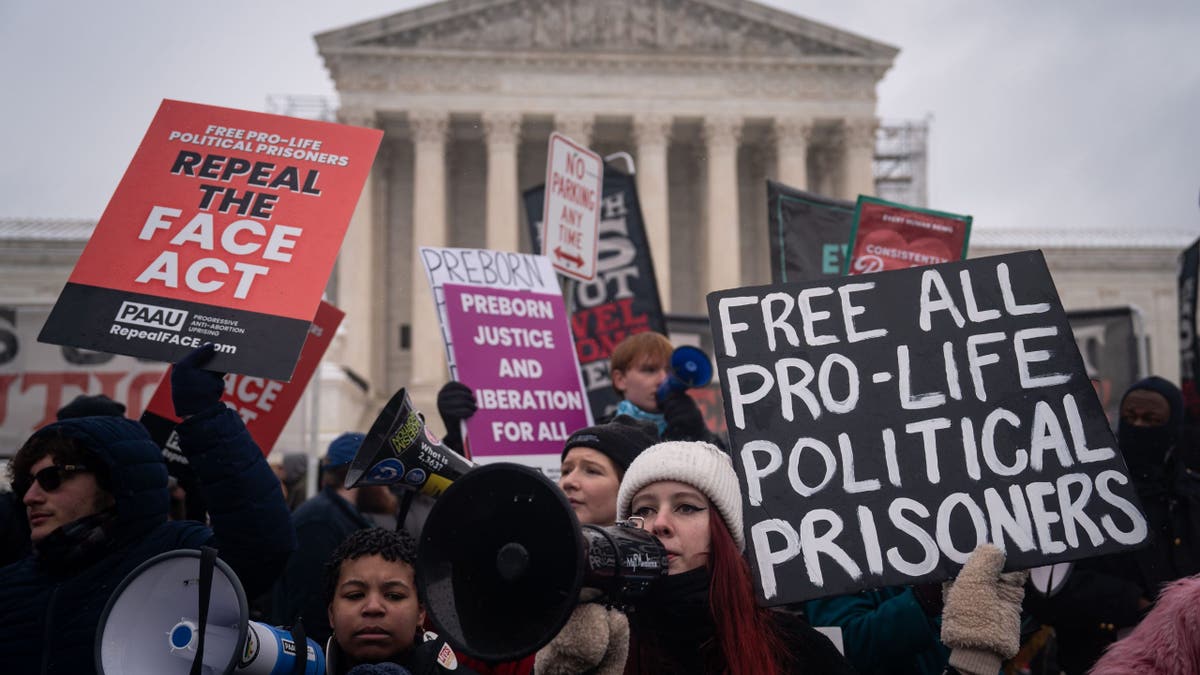Rob Lowe, once critical of the term "Brat Pack," has come to embrace the label that defined him and his fellow 1980s actors. Initially coined by journalist David Blum in a 1985 New York Magazine article, the term likened the group of young stars to the Rat Pack of the 1960s. While Lowe and others initially resented the moniker, viewing it as a way to diminish their contributions, Lowe now sees it differently.
In a recent interview with the Wall Street Journal, the 60-year-old actor expressed a newfound appreciation for the label, stating, "All of us should feel lucky to have been given a name for what we contributed as actors and that fans still care 40 years later." This marks a significant shift from his previous stance, where he described Blum's article as a "hit piece designed to belittle us."
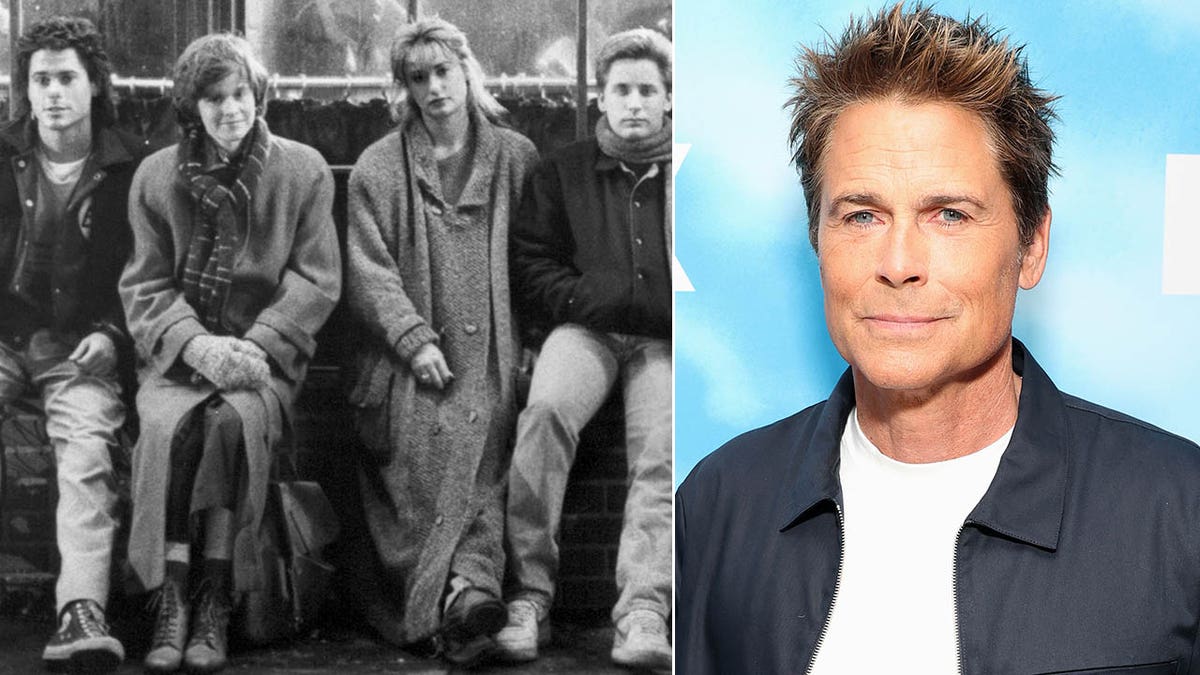
The "Brat Pack" rose to prominence with films like "St. Elmo's Fire," "The Breakfast Club," and "Pretty in Pink," capturing the teen angst of a generation. The group, whose membership has always been somewhat fluid, included actors like Emilio Estevez, Judd Nelson, Demi Moore, Andrew McCarthy, Ally Sheedy, Molly Ringwald, Anthony Michael Hall, and Jon Cryer. Blum's original article focused primarily on Lowe, Estevez, and Nelson, but mentioned other young stars like Tom Cruise, Sean Penn, and Nicolas Cage as potential members.
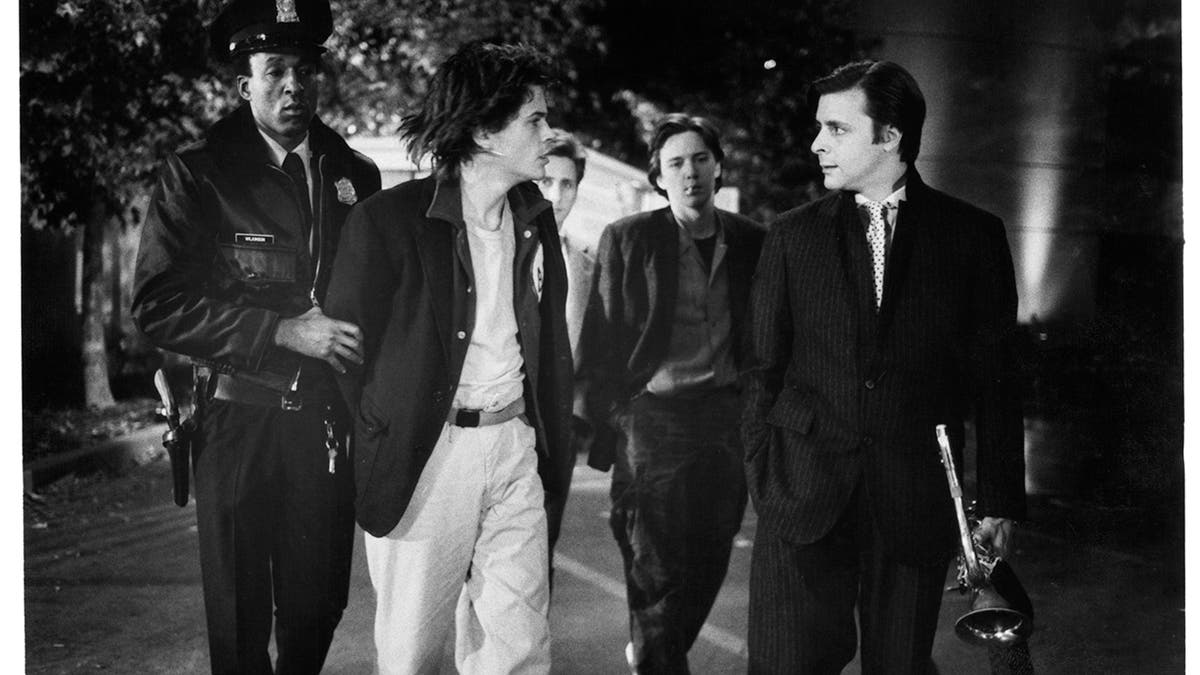
Blum's article, which stemmed from a profile on Estevez during the filming of "St. Elmo's Fire," sparked controversy among the actors. He defended his choice of the "Brat Pack" label, asserting that it accurately reflected their behavior. While Lowe admits the experience wasn't enjoyable, he acknowledges that his portrayal was less negative compared to others.
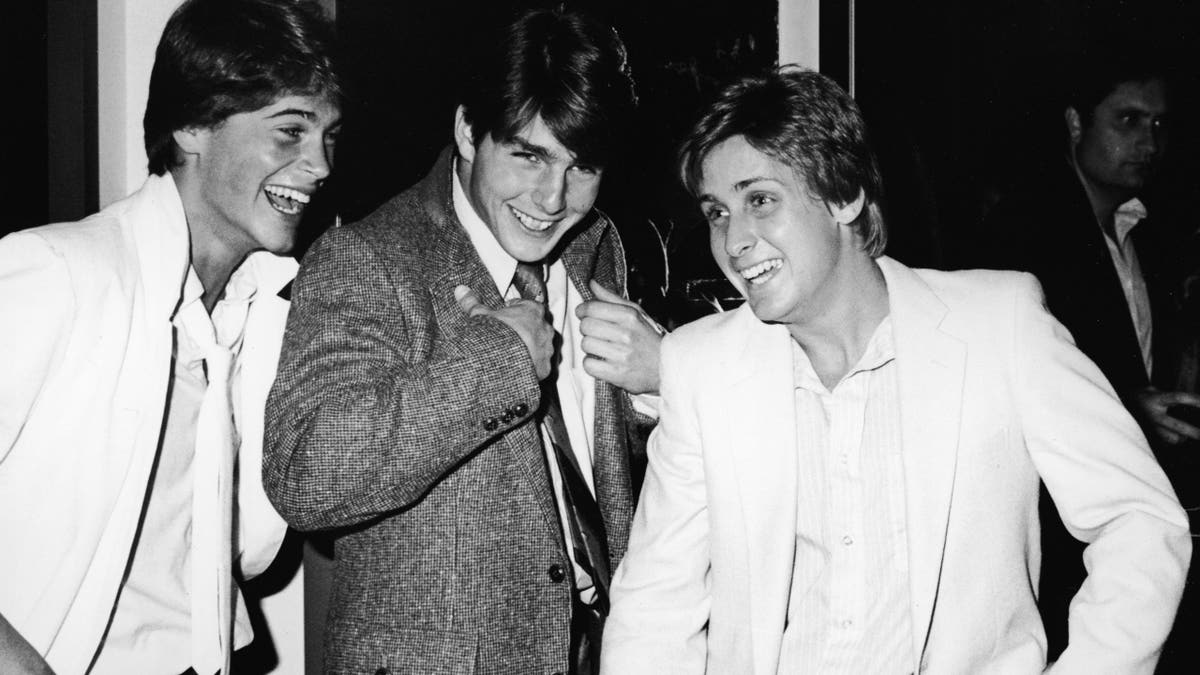
Lowe recounted his early passion for acting, starting with making Super 8 films alongside Sean and Chris Penn. He described his transition to professional acting, forgoing college to pursue roles in projects like "The Outsiders." Lowe acknowledges that the "Brat Pack" label might have hindered their credibility within the industry, a sentiment echoed by Andrew McCarthy, who directed the Hulu documentary "Brats." McCarthy noted that while the public loved the nickname, it negatively impacted how the industry perceived them.
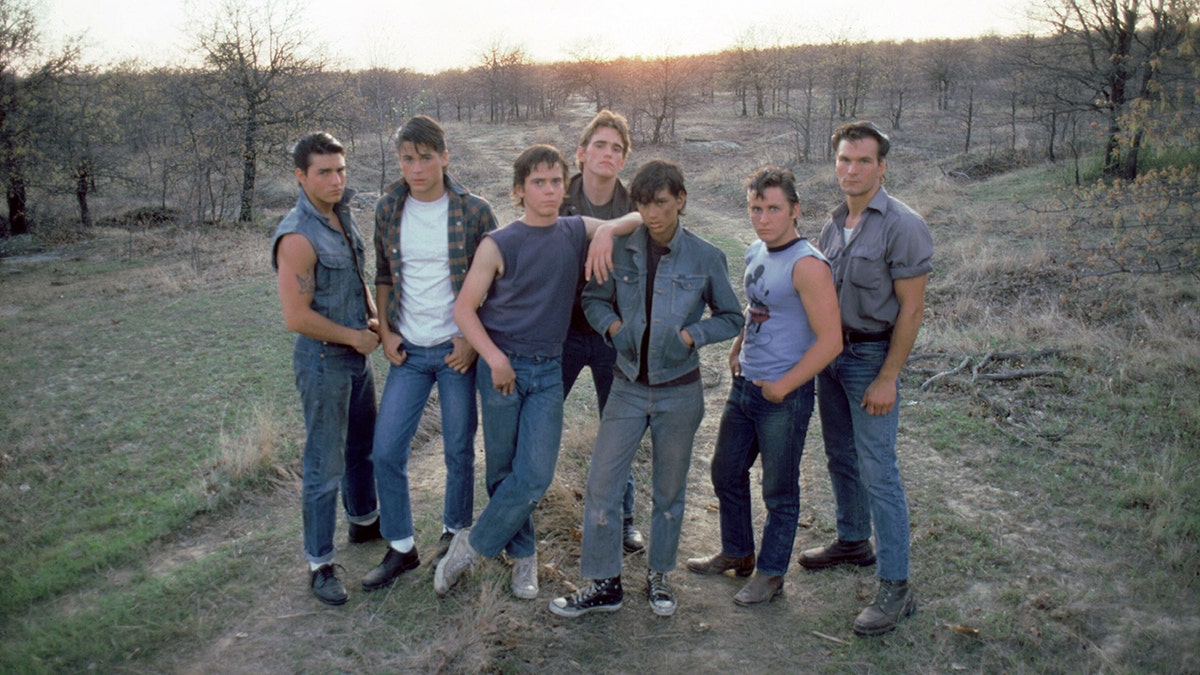
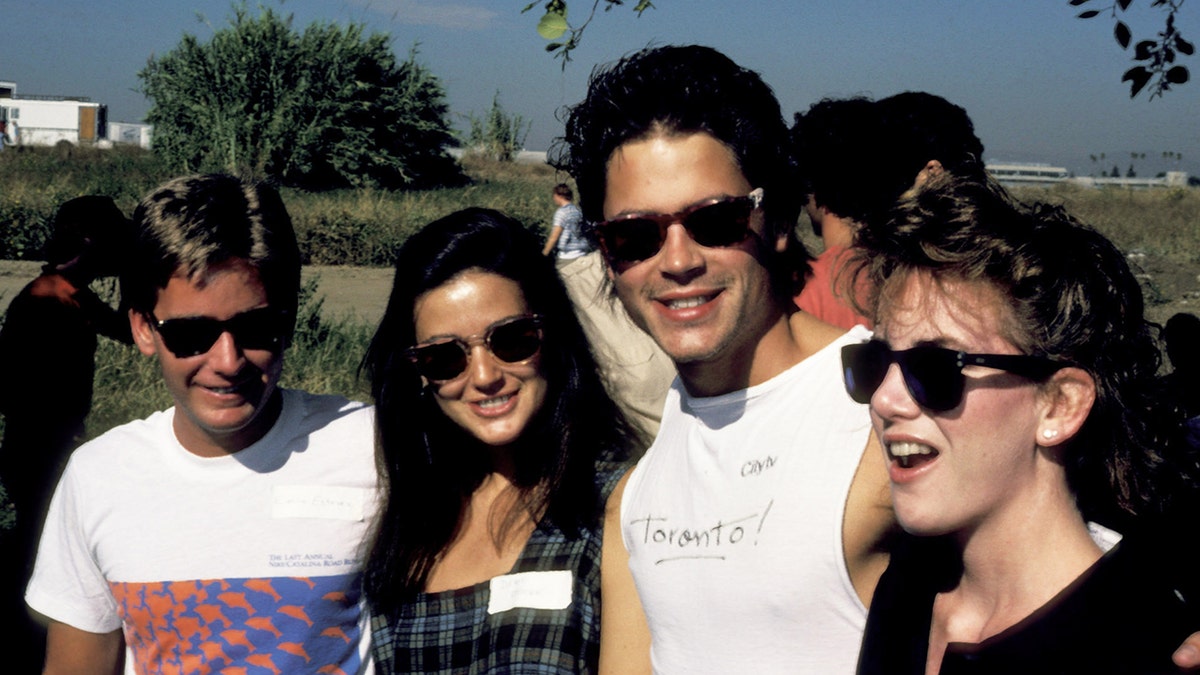
The documentary "Brats" explores the impact of the label on the actors' lives and careers. Notably, Judd Nelson, Molly Ringwald, and Anthony Michael Hall chose not to participate, while Blum agreed to be interviewed. Despite the initial animosity, Blum noted a sense of reconciliation in his interactions with the actors, including a hug with McCarthy and a friendly encounter with Demi Moore.
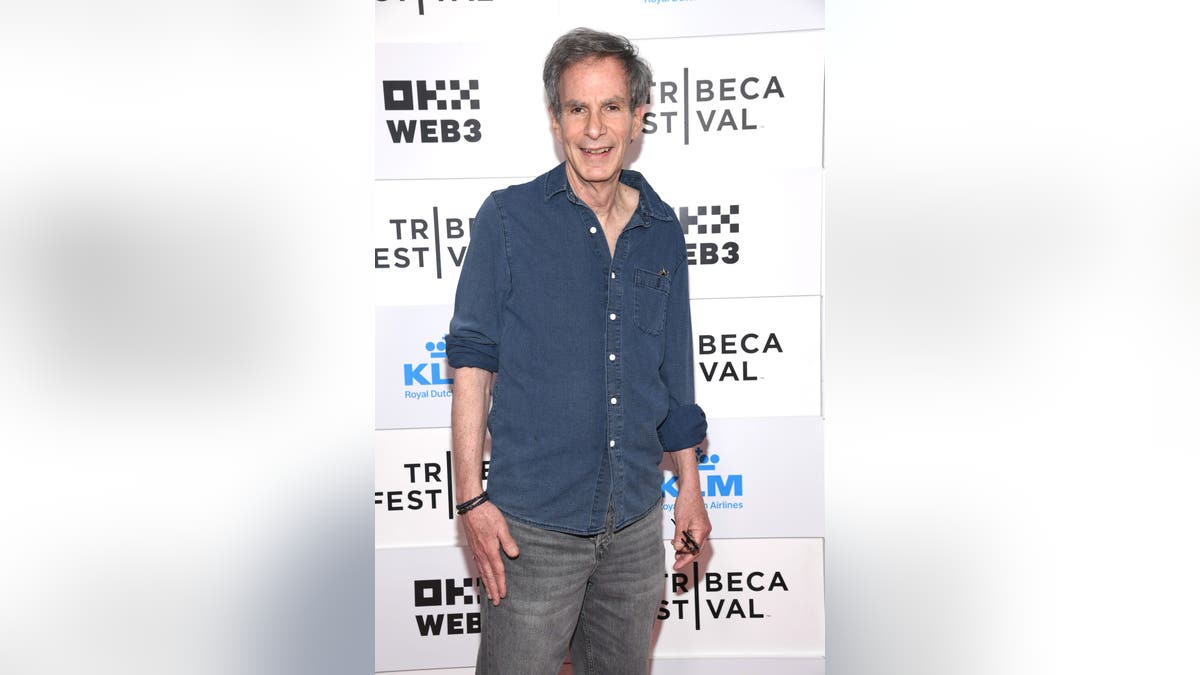
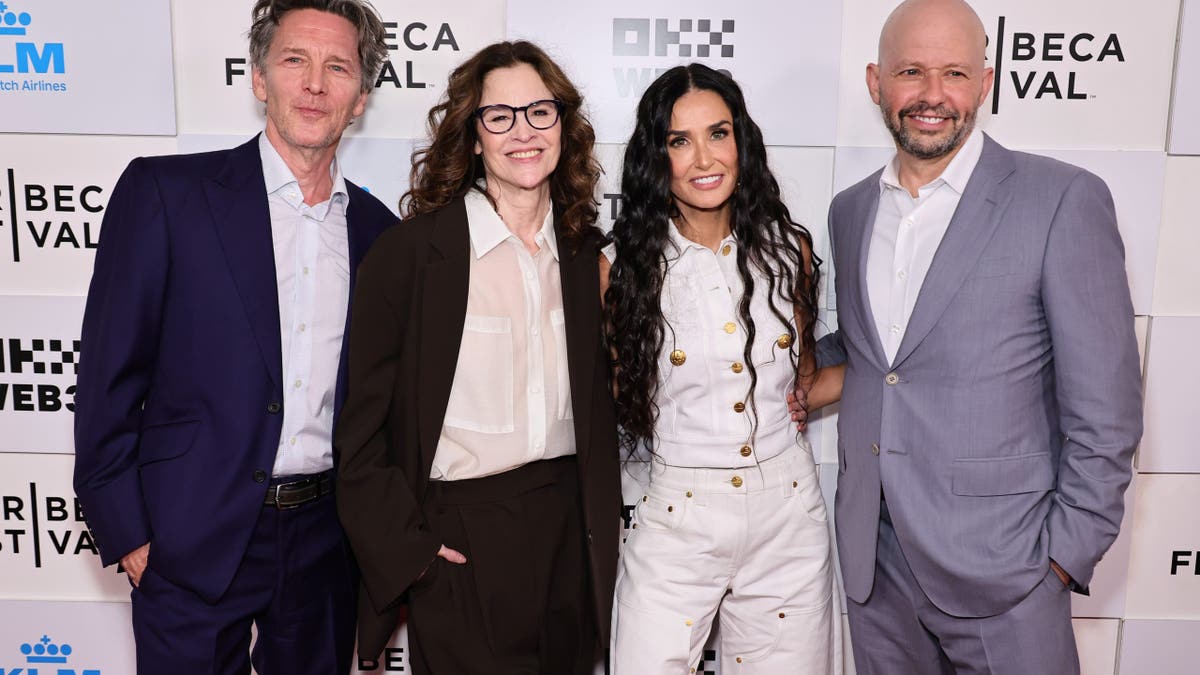
Lowe acknowledges the public's positive reception of the "Brat Pack" label, contrasting it with the industry's more negative view. He credits McCarthy's documentary with contributing to a renewed interest in the group and expresses his happiness about this resurgence. He reflects on how the experience ultimately shaped his career, marking a pivotal moment in his journey as an actor.

